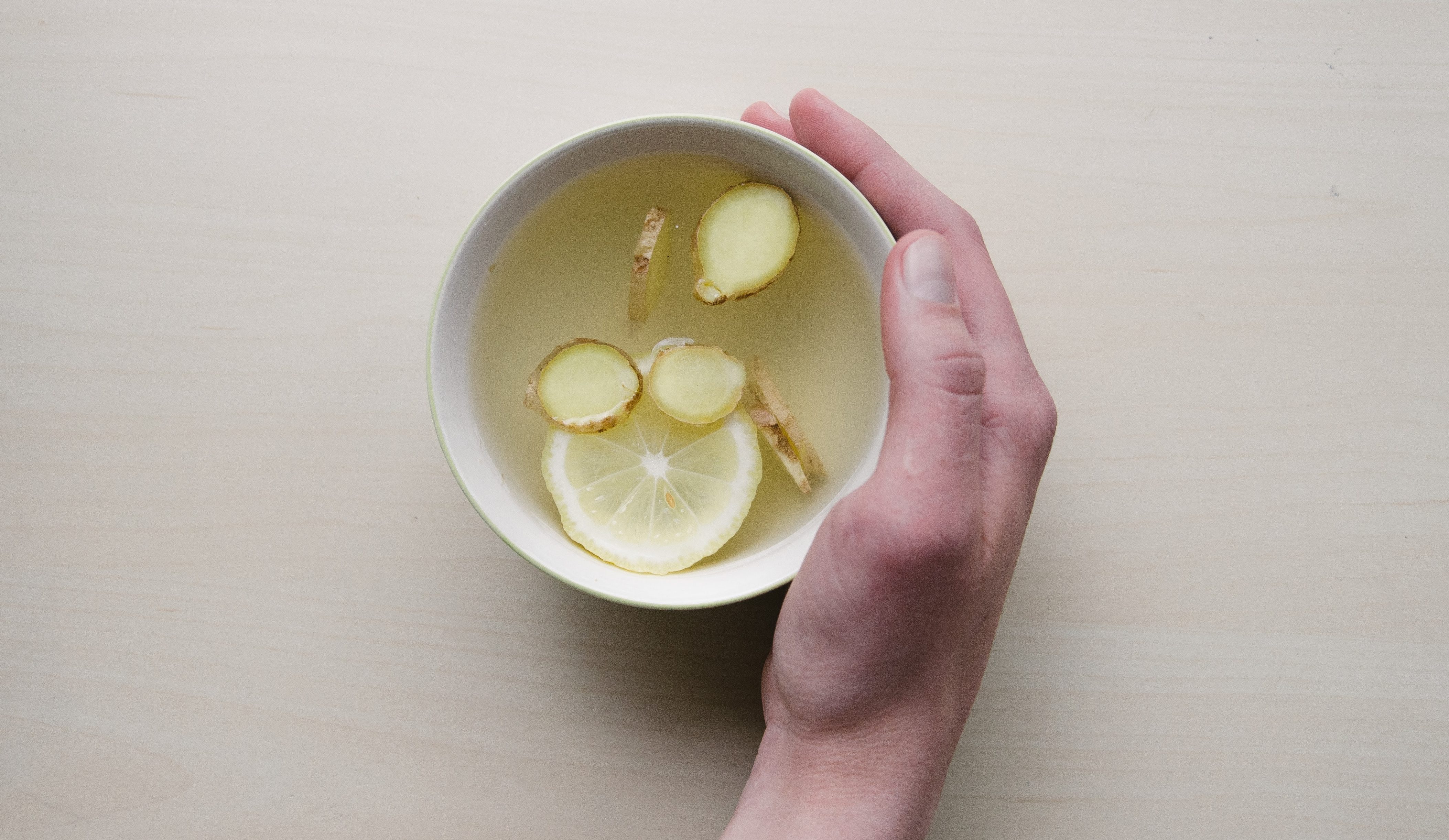Since the start of the global coronavirus pandemic, we’ve all been under extra stress. On top of our usual commitments and responsibilities, 2020 has been a busy and difficult time. A key way to prevent burnout is to look after our health – both mental and physical. Daily self-care habits can help you to improve relationships with those around you and be more successful in your work life and home life.
What is self-care?
Self-care is any activity we do to look after our emotional and mental well-being. After working out, you might replenish yourself with a big glass of water, a good meal, or maybe even some time in the hot tub to heal your muscles. This is an important part of physical recovery. You wouldn’t skip it, right?
Well, it is just as vital to take the same steps for your mental health. You probably have a routine for taking care of your physical health, such as going to the gym. It’s best to make these daily self-care habits a core part of your routine. Working self-care into your life every day is a sure way to sustainably improve your mental well-being.
Why do we neglect self-care?
The simple answer is that we’re all busy. We already balance so many responsibilities in our daily lives. From work to grocery shopping to catching up with friends, we have so many priorities we put before ourselves.
But, a big part of the problem is that we aren’t socially conditioned to view self-care as a priority. It gets overlooked. However, there are many benefits to taking care of our mental health. It boosts your energy, improves your work performance, your mental health, and your relationships.
Working self-care into your daily routine
Many people only start doing proper self-care when they fall ill or on the (very rare) occasion find themselves with a free day. However, self-care is not a luxury, but a necessity!
If you can craft your daily routine to be filled with self-care practices, then it will no longer be something you need to put aside time for. Instead, it will be your way of life. This is much more sustainable in the long run, and will have incredible and long-lasting effects on your mental well-being.
5 daily self-care habits to improve your life
1. Establish a routine
It has been proven that humans thrive when we follow a routine. As Aristotle once said: “We are what we repeatedly do. Excellence, then, is not an act, but a habit.”
Take some time to craft routine that helps you be your best self – both physically and mentally. Here are a few simple ideas:
- Sleep and wake up at the same time
You simply cannot function without quality sleep. Having a consistent sleep schedule is key for your health and circadian rhythm. Waking up and sleeping at the same time, whether weekday or weekend, keeps your body’s internal clock consistent. - Exercise regularly
Just as working out benefits your physical health, it also boosts your endorphins. Evidence shows that 30 minutes of physical activity done most days of the week can improve mood and decrease anxiety and stress. - Have an evening ritual
After a long day, you may struggle to switch off your mind. Create a mini pre-bedtime routine that helps you detach your mind from the day’s stress. Consider doing some reading, meditation, yoga, and/or drinking a hot cup of herbal tea. If you enjoy the bath, spend some time unwinding in the tub. Otherwise, a relaxing shower can do the trick.
2. Fuel your body
It’s important to eat both well and regularly. A balanced diet high in protein, vegetables and fruits, and low in processed fats and sugars is key to physical and mental well-being.
- Nourish your immune system
Make sure you consume enough vitamins and minerals. These important nutrients help you maintain strong bones, heal wounds, and generally feeling good. You can get these from supplements or nutrient-rich foods. - Drink water
Getting enough water throughout the day can affect your energy levels and brain function, clearing your mind to improve your outlook on life. Make sure to drink plenty of water, whether it’s on its own, as a calming herbal tea, or dressed up with ice, lemon and mint.
3. Spend time with nature
Our lives have becoming increasingly ruled by technology. Taking time to immerse ourselves in natural surroundings is a simple and satisfying way to boost to our mental health. Many studies show getting outdoors helps us relax, rejuvenate and feel connected to the natural world.
- Get some vitamin D
The benefits vitamin D on mental health are often overlooked. Various studies have shown a link between a vitamin D deficiency and mental illness such as depression and anxiety. Luckily, you can get a quick boost from as little as 10 to 30 minutes of midday sunlight. Even spending your lunch break in the park by your workplace or home office can make a massive difference. - Try forest bathing
In Japan, people take part in shinrin yoku – or forest bathing – a practice similar to meditation that involves engaging all your senses. In the day-to-day environment of an office, only your eyes and ears are active. Once you’re outside and in a serene environment, feel present. Be aware of all your senses. Experience the wind in your hair, the cold on your cheeks, the smell of the damp forest. - Exercise outdoors
Alternatively, a simple solution is to shift your workout outside (weather permitting). Head to a green space for your next boot camp session or yoga practice. This is a great way to not only be in nature, but also feel connected with the environment. Researchers who studied joggers in Sweden found that those who exercised in a green setting often felt calmer and less depressed than those who jogged in an urban environment.
4. Take time for reflection
Many people forget to take the time to consider how things are going for themselves. Just like organizing your computer desktop or cleaning email inbox, your mind requires a certain level of admin work. If you take the time to learn what makes you feel good and what doesn’t, you’ll make more informed decisions that lead to improves mental well-being.
- Reflect on your day
On your way home, or as part of your evening ritual, take the time to think about how different parts of your day made you feel. Energized by your lunch? Great, eat that food again! Going to the gym before work left you drained? Maybe work out a bit less strenuously next time. Being aware is so important as it helps you make positive informed changes. - Practice thankfulness and gratitude
At the end of each day, try writing down three things you are grateful for, however small. This is a great way to change your perspective and boost your mental well-being. - Try mindfulness. This practice is very calming and pleasant. Studies also indicate that mindfulness helps to regulate emotional responses. Taking the time to practice mindfulness is a great way to improve your outlook on life.
- Set goals
Having a goal to work towards is a great way to motivate yourself. It could be a small daily goal, like cooking dinner rather than getting take-out. Or, it could be a bigger goal like saving up for a trip overseas. Whatever you’re aiming for, it feels amazing when you get there.
5. Consider your own needs
The number one way to make daily self-care habits a natural part of your life is to evaluate what makes you happy. If you love reading, pick up some books! If you want to be out in nature, make time to go to the lake! It’s not selfish to put your needs first. It’s an important part of self-care.
- Set boundaries with others
It’s great to help out your friends and family, but think about where your limits lie when it comes to aiding them. If you ignore your emotional and mental boundaries, you’ll end up burnt out. This is particularly true when it comes to work. In our culture, overworking is sometimes glorified. But it’s vital to take note of your needs and put them first. - Surround yourself with people you love
If a certain colleague makes you want to scream with frustration, try to find ways to avoid seeing them too much. On the other hand, if you feel at peace and calm when you’re around your best friend, make a conscious decision to give them a lot of your time. At the end of the day, you don’t owe time to anyone. Surround yourself with those who improve your outlook on life and make you feel good. - Take alone time
This doesn’t mean you don’t love your friends. Even the most extraverted of us to need to curl up on the couch with a cup of tea sometimes. It’s healthy to spend time in your own company, doing whatever you want. If you worry alone time might be too boring for you, take a solo weekend away. Trust me, you’ll find it super empowering.












